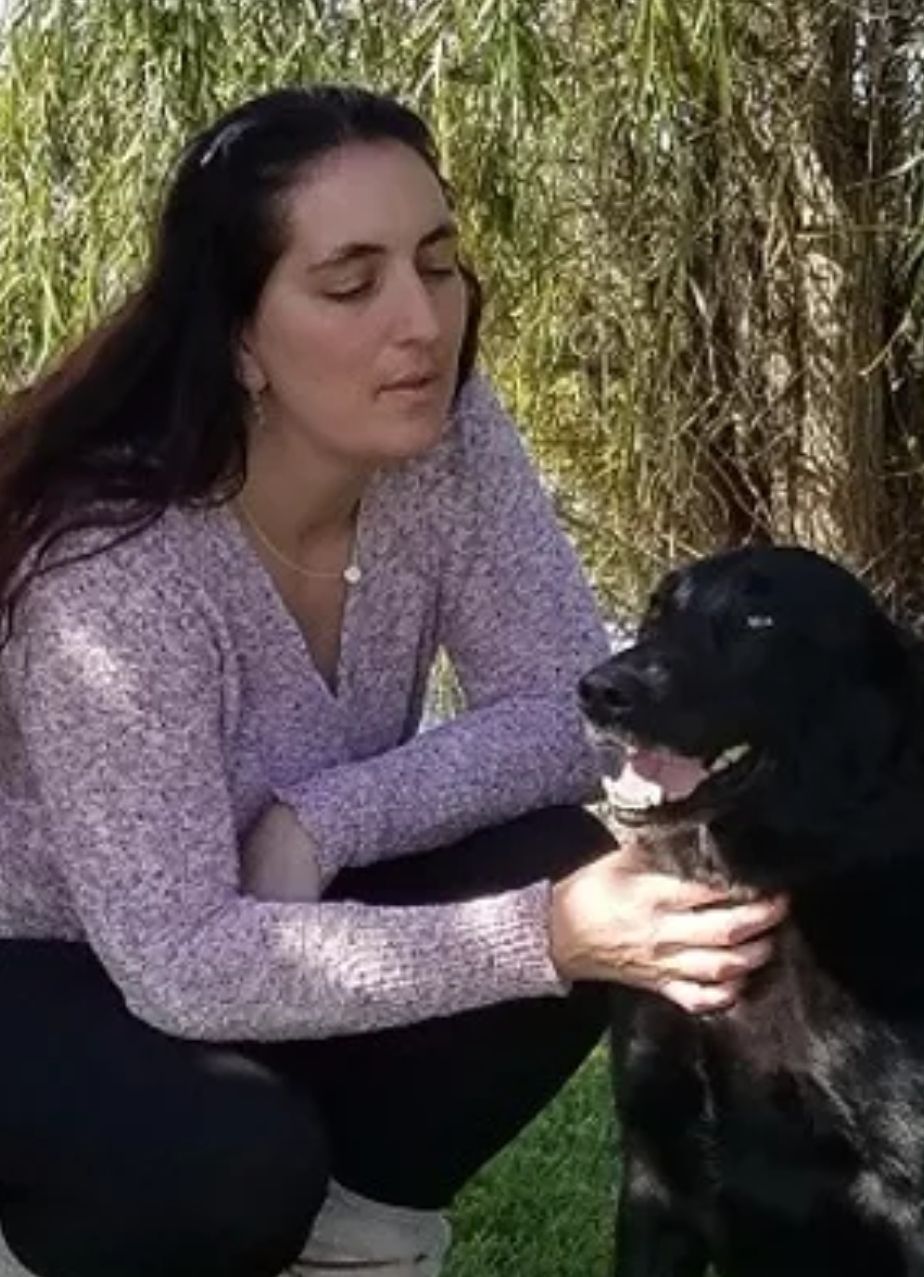Interview with Ruth Fearnow, Licensed Mental Health Counselor
Ruth Fearnow is a Licensed Mental Health Counselor (LMHC) and eye movement desensitization and reprocessing (EMDR) certified therapist with her own practice, The Happiness Project LLC, in Fort Wayne, Indiana. She treats adults (ages 18+) and specializes in working with those who feel blocked as well as those who have experienced trauma. In her free time, she enjoys spending time with her family, acting in plays, and singing.
1. You had a career in information technology before pivoting to counseling. What prompted the change, and what advice would you have for others considering similar career changes?
 The first question does not have a logic-based answer. It is entwined with my spiritual beliefs and philosophies. The bottom line is that I felt called to make the change on a deep level. For years I struggled with my “existential crisis,” trying to find what would mean something to me. I found technology okay but not deeply meaningful. When I realized my answer, I simply knew what I should do. I’ve never wavered from that conviction.
The first question does not have a logic-based answer. It is entwined with my spiritual beliefs and philosophies. The bottom line is that I felt called to make the change on a deep level. For years I struggled with my “existential crisis,” trying to find what would mean something to me. I found technology okay but not deeply meaningful. When I realized my answer, I simply knew what I should do. I’ve never wavered from that conviction.
For others, I’d suggest two things: first, this career should have deep intrinsic meaning for them. It is not easy, nor glamorous and often not very profitable. There has to be another reason to be in it. However, there is a lot of personal growth that can come of it. My second suggestion is to always be working on your own growth. This field is hard but the challenges can take you to new heights. Just remember what my colleague says, “every good therapist has a therapist.” Whether therapy or another path, always be working through your own stuff.
2. Would you do anything differently in your education or professional experience if you had the opportunity?
I might have left the agency for private practice a little sooner if I’m honest. Other than that, no.
3. What are your favorite therapy methods?
I’m a big fan of EMDR and Emotional Mindfulness. Because these methods have proven to be so much more powerful than cognitive behavioral therapy (CBT), CBT has become a secondary method for me. EMDR is fantastic at desensitizing painful past events and building insight as well as shifting major belief systems. Emotional Mindfulness is a method of Mindfulness Meditation I teach to help people facilitate their own healing.
If you want to hear more about these methods, I discuss them on this local Fort Wayne podcast.
4. As someone certified in the practice, can you give readers who might not be familiar with EMDR (Eye Movement Desensitization and Reprocessing) psychotherapy a high-level overview from the practitioner perspective?
EMDR allows us to tap into the subconscious mind for deeper healing. Through this, we can shift and change core beliefs that run our lives. (i.e. “I’m not good enough,” or “I’ll be abandoned.”)
5. On your blog, you wrote a powerful post about therapists possibly being “the closest thing to a modern shaman.” Building on that thought, what methods can therapists use to build trust and successfully provide leadership in their communities?
Therapists need to practice what they are teaching. If they are unable, they must explore the emotional blocks to their own practice. They need to explore their emotions, continue to build new insight, face their own emotional demons. The reason this is my answer is because is it safe to intellectualize answers in a leadership role. The problem is that an intellectualized answer does not heal. I don’t believe people can guide others beyond where they themselves have grown. For us to truly lead, we must be walking the path first.
6. What experiences, like internships, office days, or related electives, would you recommend to someone starting a therapy or counseling program now?
My internship was invaluable because I was practicing individual therapy which was always my goal. If students can get an internship learning the skills they intend to use, that is a great start.
The main answer I have is to find mentors with more wisdom and keep actively growing. Such mentors might be mentors in their field or authors (spiritual, religious, clinical, secular) who have wisdom. The way to emotional health and happiness is known and practiced. We should find those who understand and continue to learn. Every bit we grow will help those around us.
7. Is there anything else we did not cover that you would like to share with our readers?
Always check whether your decisions are being influenced by fear. The decision that comes from a calm state of mind is the right one.
Thanks, Ruth, for sharing your experiences with us! You can read more about Ruth, her practice, and her thoughts on therapy on her blog, The Happiness Project. You can also connect with her on LinkedIn.
